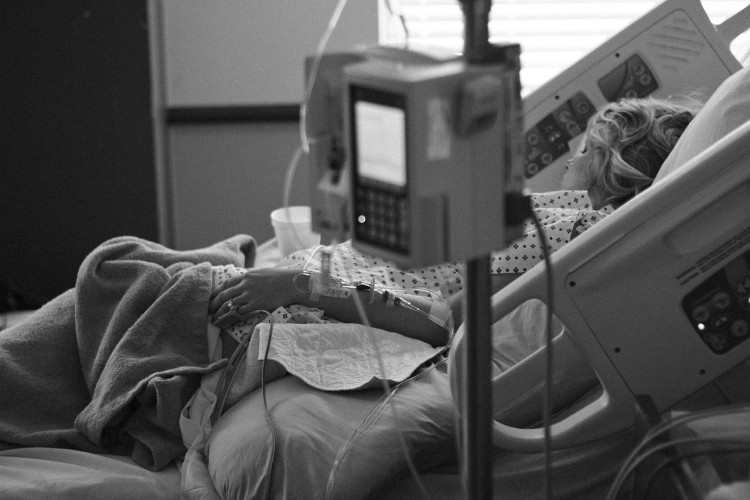- CONTACT US
- Self-care
- General Health

How long should we sleep? This is one of the key factors affecting sleep quality. Let's start with the bottom line. The conclusion is that it's not that strict, but there is a reasonable range between 6-8 hours. Avoid sleeping below 5 hours or exceeding 9 hours. Sleeping less is not good, but what does it matter if you sleep more? Let's look at the literature.
A study based on a 9-year follow-up of 400,000 people with chronic diseases in China found that, compared with people who slept 7-8 hours a day, those who slept less than 5 hours a day had a 10% increase in stroke and a 19% increase in cerebral hemorrhage; while those who slept more than 10 hours a day had comparable risk elevations, with stroke increasing by 12% and cerebral hemorrhage increasing by 23%; individuals sleeping under 5 hours or over 10 hours daily faced 12% and 23% higher cardiovascular risks respectively.
There is also a study from the UK that shows that not getting enough sleep, or too much sleep, elevates risks for diabetes, cancer, hepatic disorders, depression, dementia, Parkinson's disease, arthritis, and related conditions. Sub-5-hour sleepers saw 30-40% risk jumps, while exceeding 9 hours amplified risks by over 50%.
So there is a bottom line when it comes to sleep. On average, you should never sleep less than five hours a day or more than nine hours a day, or mortality risk may exceed 150% of population baselines. In general, most studies have focused on a range of 6 to 8 hours.
So is there an optimal amount of sleep in this range? According to several studies, the risk of disease and mortality rates decrease and then increase with shorter to longer sleep duration, exhibiting a J-curve relationship. This means that there should be an optimal sleep time when the risk of disease and mortality are at their lowest. Medical scientists have compiled several studies and found that almost all of them point to an optimal time of about seven to eight hours.
For example, the above study of 400,000 Chinese people found that those who slept 7-8 hours a day had the lowest risk of heart attacks, strokes, and brain hemorrhages. In a comprehensive analysis of 1.19 million people, those who slept 7-8 hours a day had a 56% lower risk of heart attack than those who slept less than 5 hours a day.
Another study on life extension, published in Circulation, the top cardiovascular journal, found that getting 7-8 hours of sleep alone can extend your life by 5 years.
So if you want to score a 60, you can sleep 5-9 hours; if you want to score an 80, you can sleep 6-8 hours; and if you want to score close to a perfect score, you can sleep around 7-8 hours.
 How to scientifically supplement vitamin A and how much?
How to scientifically supplement vitamin A and how much? Light fasting is not so difficult, three steps to healthy light fasting
Light fasting is not so difficult, three steps to healthy light fasting Good Habits for Good Health: Consistent Small Actions and the Correct Understanding of Health
Good Habits for Good Health: Consistent Small Actions and the Correct Understanding of Health The health hazards of prolonged use of electronic products
The health hazards of prolonged use of electronic products Antiviral Medications: Components and Efficacy in Treating Colds and Flu
Antiviral Medications: Components and Efficacy in Treating Colds and Flu Lack of sleep emerges as a major trigger for heart disease
Lack of sleep emerges as a major trigger for heart disease Weekend Health Checklist
Weekend Health Checklist Should You Take Calcium Supplements and How?
Should You Take Calcium Supplements and How? Clinic Case Study: Avoid Prolonged Sitting
Clinic Case Study: Avoid Prolonged Sitting













